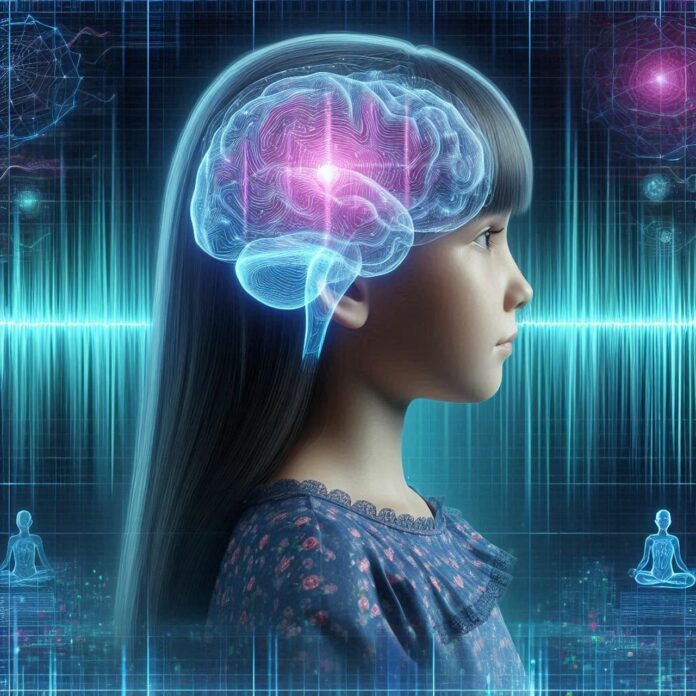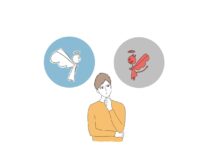ADHD, or Attention-Deficit/Hyperactivity Disorder, affects millions of children and adults alike. While conventional treatments such as medication and behavioral therapy can be highly effective, many are seeking natural and holistic approaches to support focus, emotional balance, and well-being. Fortunately, science and tradition both offer tools that can help, many of which are accessible, affordable, and empowering.
Below is a comprehensive guide to natural strategies that can be integrated into daily life to help manage ADHD symptoms, beneficial for both children and adults.
Movement That Matters
Aerobic Exercise – Regular physical activity increases dopamine and norepinephrine levels, brain chemicals that play a key role in attention and mood. Activities such as walking, biking, dancing, and swimming can help improve focus and reduce hyperactivity.
Cerebellum-Based Exercises – The cerebellum, often overlooked, plays a crucial role in attention, coordination, and emotional regulation. Exercises like balancing on one foot, cross-lateral movements (e.g., crawling, marching in place while touching opposite elbows and knees), or activities on a balance board help activate and strengthen neural pathways associated with ADHD.
Yoga, Tai Chi & Mindful Movement – These gentle practices calm the nervous system, enhance body awareness, and cultivate mental clarity. Even short sessions can significantly reduce impulsivity and improve focus.
Mind-Body Tools for Focus and Calm
Mindfulness & Meditation – Simple breathing or guided meditations can train the mind to be more present. Even five minutes a day has been shown to increase attention span and emotional resilience.
Time in Nature – Green spaces are healing for the ADHD brain. Studies show that just 20 minutes in nature can significantly reduce symptoms in children. Nature walks, gardening, or simply sitting under a tree can make a difference.
Screen Time Awareness – Excessive screen use, especially fast-paced or stimulating content, can contribute to increased distractibility and irritability. Creating tech-free zones or time blocks helps regulate nervous system overload.
Nutrition and Natural Supplementation
Omega-3 Fatty Acids – Found in fish oil, these essential fats support brain function and have been shown to improve attention and reduce impulsivity in some individuals with ADHD.
Key Nutrients:
- Zinc – Often low in those with ADHD; supports brain and immune function.
- Iron – Low ferritin (iron storage) can worsen symptoms. Testing and supplementation should be done under supervision.
- Magnesium – Helps with restlessness, anxiety, and sleep.
- B Vitamins & Vitamin C – Support brain health and neurotransmitter production.
Herbal Allies and Plant Medicine
Bacopa Monnieri (Brahmi) – An Ayurvedic herb shown to support memory, cognitive function, and attention.
Ginkgo Biloba – Improves circulation and may enhance mental clarity and processing speed.
Saffron – Recent studies suggest saffron can be as effective as certain medications for mild to moderate ADHD, without the common side effects.
Rhodiola Rosea – An adaptogenic herb that helps reduce mental fatigue and supports focus under stress.
Note: Herbal remedies should be used with professional guidance, especially for children or those taking other medications.
Behavioral and Emotional Support
Cognitive Behavioral Therapy (CBT) – A powerful tool for both adults and teens with ADHD, CBT helps manage negative thoughts, develop better habits, and enhance self-esteem.
Coaching & Family Support – ADHD coaching (for adults or teens) and parent coaching can provide strategies to improve organization, time management, and communication, building confidence and reducing conflict.
Rest, Rhythm & Recovery
Healthy Sleep Habits – Inconsistent sleep patterns can worsen ADHD symptoms. Aim for a calming evening routine, screen-free time before bed, and consistent sleep and wake times.
Morning Light Exposure – Natural sunlight in the early morning helps regulate circadian rhythms and improves energy, focus, and mood throughout the day.
Final Thoughts: You Are Not Alone
Whether you are navigating ADHD as a parent, an adult, or both, know that there are many natural and practical tools to support your journey. While each person’s path is unique, combining physical movement, mindful awareness, nutritional support, and emotional resilience practices can offer lasting benefits without unwanted side effects.
It’s not about “fixing” the ADHD brain. It’s about understanding its unique wiring and offering it the support, nourishment, and movement it needs to thrive.
Body Mind Spirit Guide









